If you are looking for a substitute for alcoholic beverages commonly used in recipes (primarily white wine and red wine), we can help you.
REPLACING ALCOHOLIC BEVERAGES IN RECIPES IS ALWAYS POSSIBLE (AND EASY)
Whether it is a roast, a risotto or a fish-based recipe, it may happen that you have to blend the dish during cooking. Usually this step is done using wine – white or red. This is because the wine adds acidity, body and flavor to the dish. It is true that when the wine is added during cooking, the alcoholic part almost always has to evaporate before proceeding with the other steps, but the starting ingredient is still an alcoholic drink.
You are watching: The Best Substitutes for Red and White Wine in Cooking
This can represent an obstacle both for those who are teetotal and in the case of food also intended for children, or simply because we suddenly realize that we do not have the right wine at home!
ALL THE INGREDIENTS TO SUBSTITUTE THE WINE IN COOKING
Here are some delicious tips and equally effective ingredients to replace wine in your recipes.
NB: if you do not use wine but a substitute for it, inevitably the final taste of the dish will never be identical to the “alcoholic” version. It will have different shades and a different overall yield, but you use it as a strong point, enhancing your creative touch!
BEST SUBSTITUTES FOR WHITE WINE IN COOKING
Let’s start with (or rather, without) white wine, which is certainly the most used to blend or flavor risottos and fish-based preparations.
- White wine vinegar: instead of blending a dish with dry white wine, we can use a mixture of white wine vinegar and water. Vinegar is by its nature much more acid than wine, which is why it must be diluted in water (in a proportion of 50% vinegar and 50% water) and must not exceed the doses, otherwise there is a risk of compromising the final taste of the dish.
- Lemon juice: a valid substitute for fish dishes! Also in this case it is recommended to dilute the lemon juice in water, since the citrus acidity is much higher than in any wine.
- Apple juice: instead of white wine, it will add a touch of sweetness to the recipe. Being much sweeter than wine, consider adding a splash of vinegar to dampen the sweetness with the acidity of the white vinegar.
- Apple cider vinegar: if you have apple cider vinegar available, it will give almost the same effect as apple juice added with white vinegar! However, it is an excellent substitute for white wine, thanks to its sweet-sour, fruity and enveloping flavor. As with white wine vinegar, we recommend using it diluted with water, in a proportion of 50% apple cider vinegar and 50% water.
- Vegetable broth (or chicken or fish): to blend the risotto we can use the classic broth – vegetable or chicken according to the type of recipe. In the case of fish-based dishes, you can opt for a fish broth, as an alternative to the vegetable one. And if the recipe requires a bit more acidity, you can add a teaspoon of white wine vinegar.
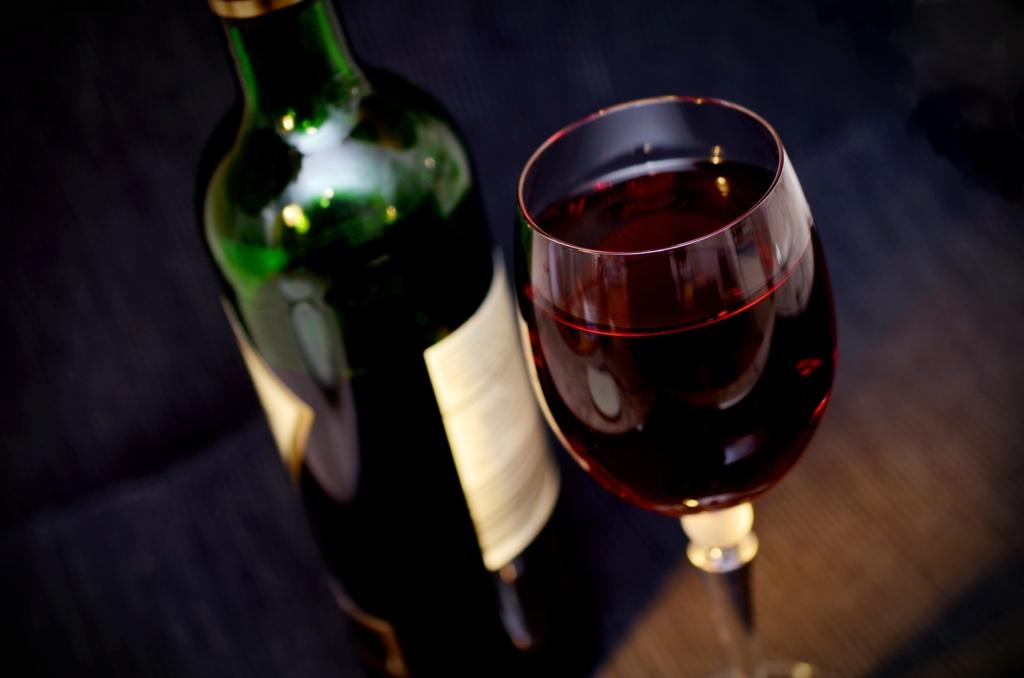
BEST SUBSTITUTES FOR RED WINE IN COOKING
We continue with the alternatives of red wine, which is usually used to blend tomato-based sauces, full-bodied risottos, red meat stews or roasts.
- Red wine vinegar: the same goes for white vinegar, so remember to dilute it with water and do not overdo the quantities in cooking.
- Grape juice: we always stay in the same field, but this time with the juice of red grapes, to which you can add a hint of red wine vinegar to give the dish greater acidity.
- Meat broth: instead of red wine, you can use the classic mixed meat broth (not chicken or vegetable broth, much more delicate).
- Tomato juice: with an acidity and color similar to red wine, tomato juice can be a valid substitute. However, this ingredient tastes very different from wine, so don’t overdo it at first and taste it throughout the cooking to adjust the doses.
- Tomato vinegar: it is a very particular product, to which Varvello has been dedicating itself for some time to expand the frontiers of table condiments. Instead of red wine, it could be used to flavor red meat preparations or red sauces.

A TRICK FOR ROASTING WHEN NO WINE
Read more : The World’s Most Difficult Dishes to Prepare
If you are in the midst of preparing a roast, and you suddenly realize that you have run out of white wine to sprinkle the meat before long cooking, do not panic! Recover some white vinegar, mix 2 tablespoons of white sugar and 2 tablespoons of vinegar in a full glass of water. This solution will take the place of white wine, and you can use it in the same way without being “discovered”!
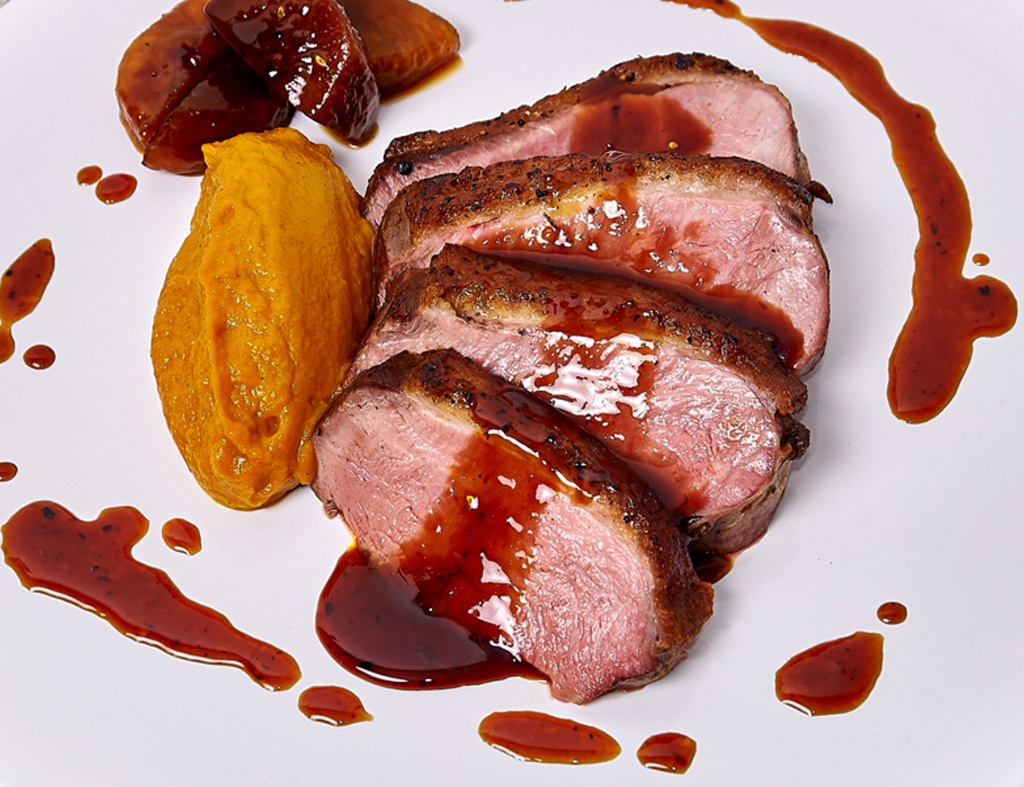
THE ADVANTAGES OF VINEGAR AS A SUBSTITUTE IN THE KITCHEN
Whatever the reason why you choose to use wine vinegar in your recipes instead of other ingredients, know that you are making the right choice – and above all more convenient and natural.
Below we highlight some advantages of using vinegar as a substitute for other foods in the kitchen:
- economic savings (for example compared to wine)
- guaranteed naturalness of the product (to be preferred over canned broth)
- gives the necessary dose of acidity without the alcoholic component of the wine
- versatility of the vinegar, both in cooking and raw on all types of dishes
- strong self-preserving qualities that guarantee the goodness of the product for a long time
WHAT IS WHITE WINE VINEGAR? Nonalcoholic Alternative for Wine
White vinegar is one of the many types of vinegar produced, but thanks to its easy availability and cheap price, it is certainly the one that best lends itself to the most diverse uses.
This vinegar is obtained from the fermentation of white wines by aerobic bacteria of the genus Acetobacter, which transform alcohol into acetic acid.
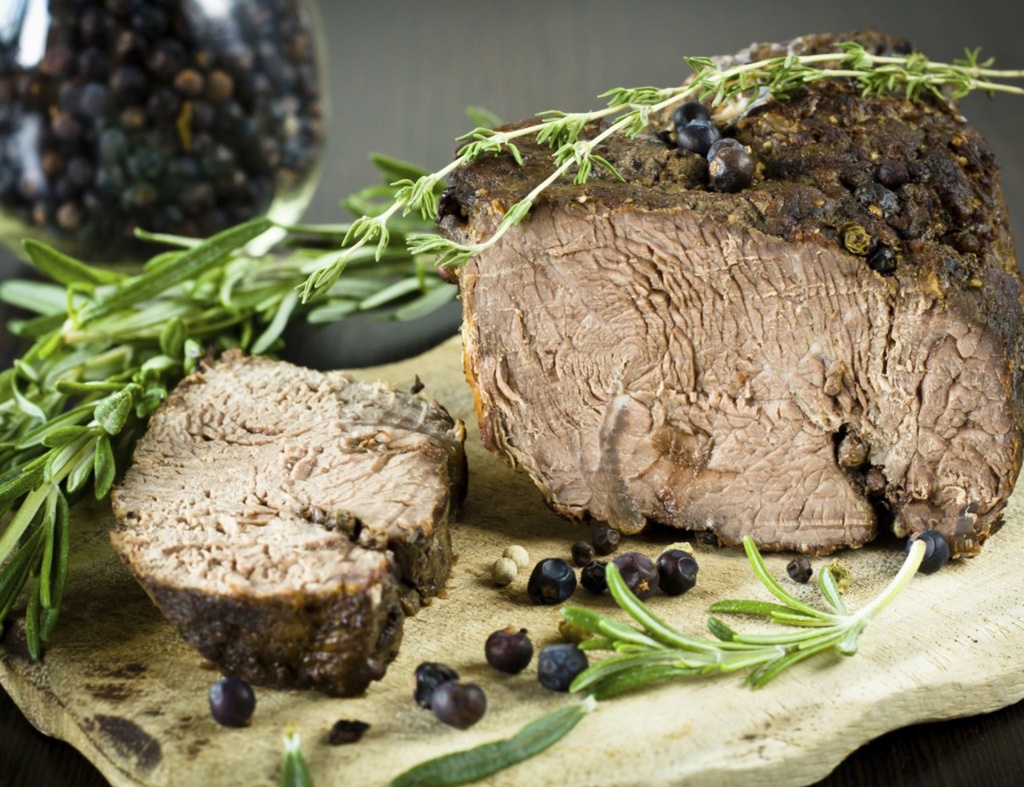
OTHER USES OF TABLE WHITE VINEGAR
Wine vinegar was born as a food, and firmly holds its place in the kitchen primarily as a condiment and as a preservative for other foods. White vinegar is particularly suitable for seasoning “raw” dishes such as salads, and goes equally well with many fish-based recipes. In fact it is ideal for making delicate marinades (for example for blue fish) and for dressing seafood salads based on octopus or shellfish.
White vinegar is also the star of many sauces, many of which originate from French cuisine, such as white butter, tartar sauce or vinaigrette.
- White butter is a sauce made from cream, butter and white wine vinegar, excellent to accompany grilled, baked fish and roasted meats.
- The tartar sauce is obtained by whipping both firm and fresh egg yolks with the addition of white vinegar and oil, and is enriched with chopped gherkins, capers, tarragon and parsley; it is eaten cold as soon as it is made in combination with meat or fish dishes.
- Vinaigrette, on the other hand, is a very popular emulsion perfect for seasoning cooked and raw vegetables, made exclusively of extra virgin olive oil and white wine vinegar and can be personalized with spices and aromas such as chili, rosemary or mustard.
- Finally, white vinegar is the basis of another fundamental recipe in Italian and international cuisine, mayonnaise. A versatile, tasty and inevitable sauce on our tables, made with eggs, oil, pepper and wine vinegar (excellent alternative to lemon juice).
Read more : 10 Natural Insect Repellents For Your Home
Thanks to the white wine vinegar you can also prepare delicious artisan pickled gardener: just use a white vinegar with an acidity of at least 6% to blanch the vegetables first, and then to fill the jars to be vacuum packed.
White vinegar can also be very useful in the preparation of dried legumes: if you add 1 tablespoon of vinegar to the water during the long soaking period, you will get a better cooking result!
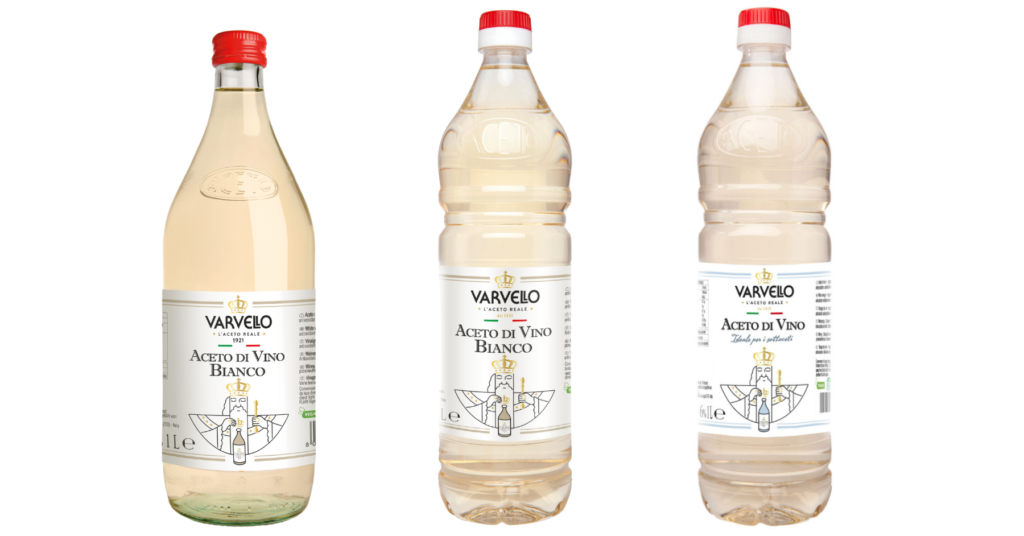
CHOOSE NATURAL VARVELLO VINEGARS FOR YOUR TABLE
Varvello crossed Italy to reach the most delicious red and white wines with which he created natural vinegars as simple as they are exceptional.
The exclusive Vinegars and Condiments of the Gold Line are obtained from the organic and natural fermentation of carefully selected Italian table wines. They rest and mature in American larch barrels, a wood that gives a rounded body and a remarkable spectrum of aromas. They are dedicated to the most refined tables, both at home and in the restaurant. If you are looking for a vinegar that stands out for its palatability and refinement, the Varvello Gold Line is the one for you. Comprehends:
- Regis Red Wine Vinegar aged in larch wood barrels (from 100% Italian wine)
- Solaris White Wine Vinegar aged in larch barrels (from 100% Italian wine)
- Universalis White Condiment, a precious blend of Sicilian white wine vinegar combined with concentrated grape must
- Nobilius Apple Vinegar aged in barrique (from 100% Italian apples)
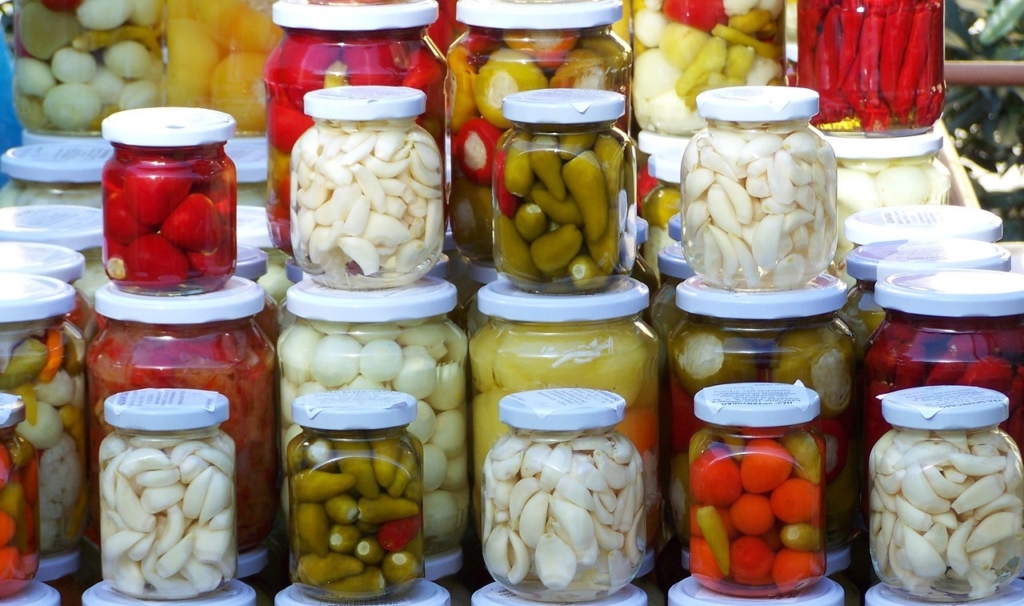
The proposal signed by Varvello does not end here, on the contrary it finds its full and natural expression in the Red Wine Vinegars, White Wine Vinegars and Apple Vinegars of the BIO Line. Since 2010 we have started a “Bio-Organic” vinegars project, with the aim of reducing pollution, recycling and saving energy.
For us “organic” does not only mean made with natural raw materials. It means produced using renewable energy and seeking maximum water savings thanks to the installation of an evaporative tower that cools the hot fermentation water. Last but not least, the residual sedimentation obtained from the vinegar processing is sent to farms and used as a natural fertilizer that helps soil regeneration.
All this is contained in every bottle of the BIO Line, which becomes a symbol of eco-sustainability environmental responsibility and integrity.
Source: https://gardencourte.com
Categories: Recipe


